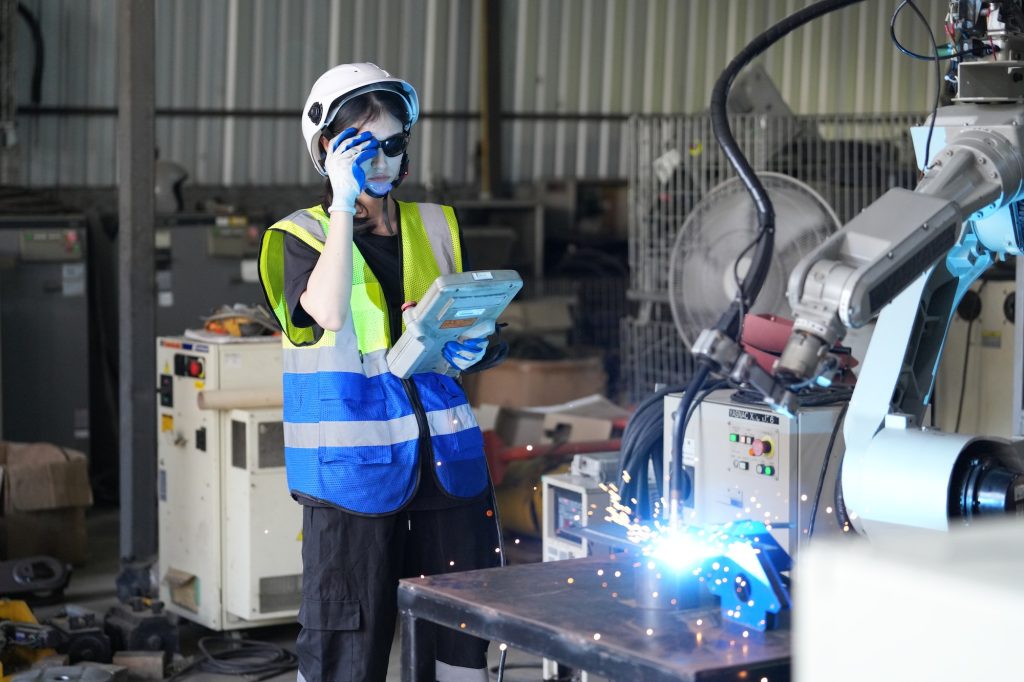
Artificial intelligence (AI) has revolutionized various industries, and its impact on mechanical and manufacturing engineering cannot be overlooked. AI has transformed how machines are designed, manufactured, and operated, increasing efficiency and productivity.
In mechanical engineering, AI plays a crucial role in designing complex systems. With AI algorithms and machine learning techniques, engineers can optimize designs by analyzing vast amounts of data and identifying patterns humans may overlook. This enables them to create more efficient and reliable machines that meet specific requirements.
Moreover, AI is extensively used in manufacturing processes to enhance automation. Intelligent robots with AI capabilities can perform intricate tasks with precision and speed. They can adapt to changing conditions in real time, ensuring consistent quality throughout the production line. Additionally, AI-powered predictive maintenance systems help prevent unexpected breakdowns by monitoring equipment performance and detecting potential issues before they occur.
Furthermore, AI has improved product quality control in manufacturing engineering. Machine vision systems powered by AI algorithms can inspect products for defects or deviations from specifications at high speeds. This reduces human error and ensures that only flawless products reach the market.
However, despite these advancements, there are challenges associated with integrating AI into mechanical and manufacturing engineering. One major concern is the ethical implications of replacing human workers with intelligent machines. As technology progresses rapidly, it is essential to strike a balance between automation for efficiency gains while preserving job opportunities for humans.
